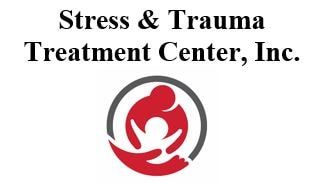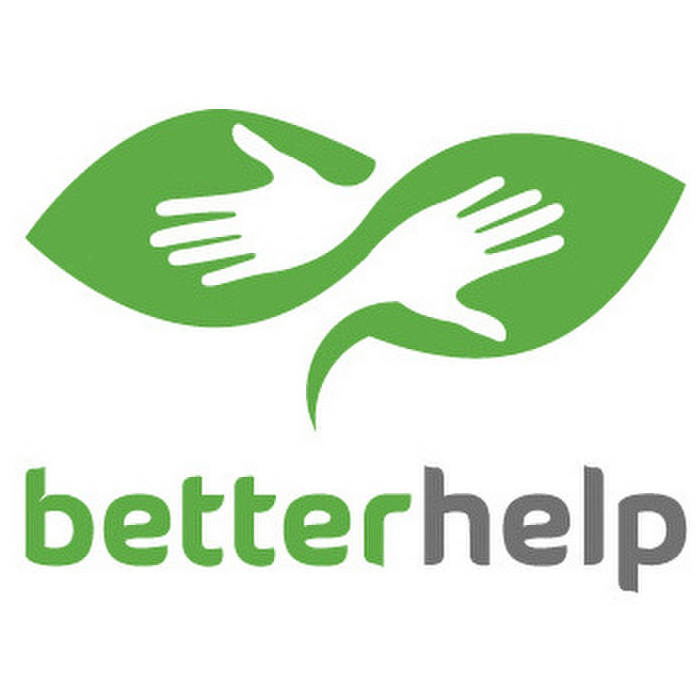What is depression?Depression is often described as a long-term or chronic mood disorder that causes you to feel persistently sad or numb and affects how you feel, think, and behave. Everyone feels sad sometimes - it's a natural feeling to have when something bad happens to you or those you love. Depression is more than just being sad and affects day-to-day activities and can provoke suicidal behavior.
🚨🚨🚨 If you or someone you know is considering suicide or self-harm, please go to our hotlines section and speak with a professional. Relevant depression-related hotlines include:
|
|
Some symptoms of depression are:
Not everyone with depression will experience all of these symptoms - some people may experience a couple a LOT and others not at all. Being down one day is normal, but depression usually causes noticeable problems in daily life like during work, school, social events, etc.
- Feelings of sadness, tearfulness, emptiness, and/or hopelessness
- Angry outbursts, irritability, and/or frustration (even over small or minor matters)
- Loss of interest/pleasure in most or all normal activities, such as hobbies, sports, or sex
- Sleep disturbances, like insomnia or sleeping too much
- Tiredness and a lack of energy
- Reduced appetite and weight loss or increased cravings for food and weight gain
- Anxiety, agitation, and/or restlessness
- Slowed thinking, speaking, and/or body movements
- Feelings of worthlessness or guilt, fixating on past failures, or self-blame
- Trouble thinking, concentrating, making decisions, and/or remembering things
- Frequent or recurrent thoughts of death, suicidal thoughts, suicide attempts, or suicide
- Unexplained physical problems, such as back pain or headaches
Not everyone with depression will experience all of these symptoms - some people may experience a couple a LOT and others not at all. Being down one day is normal, but depression usually causes noticeable problems in daily life like during work, school, social events, etc.
How do you treat depression?
|
While diet and lifestyle changes can improve mental health and influence depression, the best treatment for chronic depression is to see a professional like a therapist or doctor. Therapy is the most effective first step, followed by prescribed medication. Check out Rainbow Cafe LGBTQ Center's recommended therapists and doctors here.
Depression can often be tied with other mental health issues, which is why we recommend checking out our other resources - like our self-care toolkit and suicide prevention. Check out these resources about depression. |










